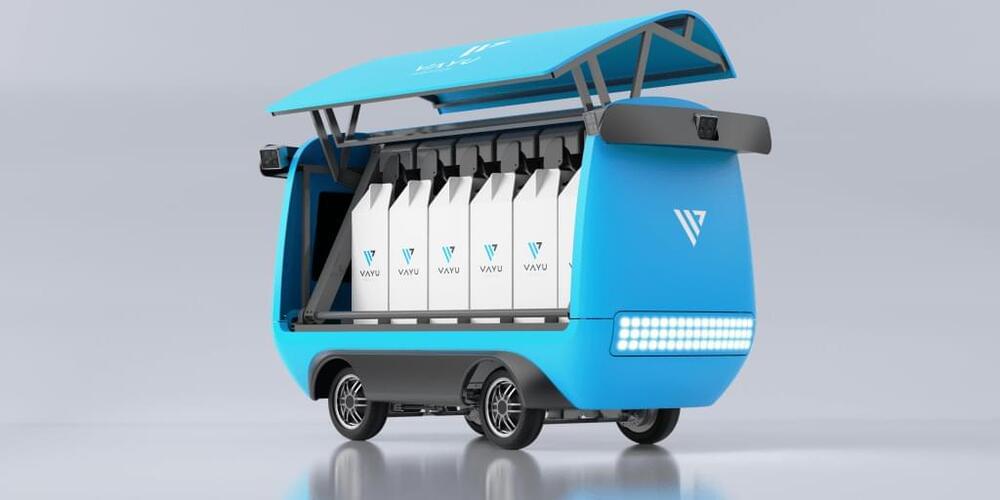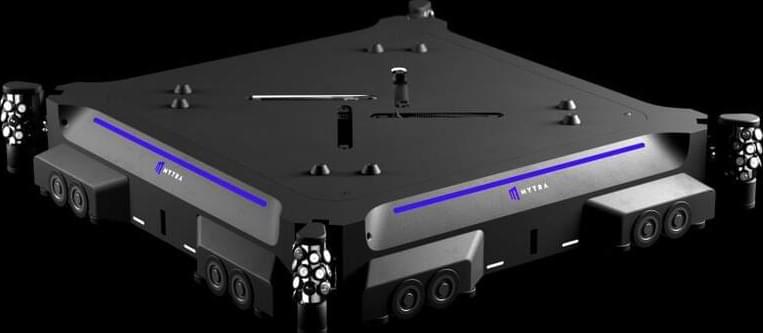Both the predictive power and the memory storage capability of an artificial neural network called a reservoir computer increase when time delays are added into how the network processes signals, according to a new model.
A reservoir computer—a type of artificial neural network—can use information about a system’s past to predict the system’s future. Reservoir computers are far easier to train than their more general counterpart, recurrent neural networks. However, researchers have yet to develop a way to determine the optimal reservoir-computer construction for memorizing and forecasting the behavior a given system. Recently, Seyedkamyar Tavakoli and André Longtin of the University of Ottawa, Canada, took a step toward solving that problem by demonstrating a way to enhance the memory and prediction capabilities of a reservoir computer [1]. Their demonstration could, for example, allow researchers to make a chatbot or virtual assistant, such as ChatGPT, using a reservoir computer, a possibility that so far has been largely unexplored.
For those studying time-series-forecasting methods—those that can predict the future outcomes of complex systems using historical time-stamped data—the recurrent neural network is king [2]. Recurrent neural networks contain a “hidden state” that stores information about features of the system being modeled. The information in the hidden state is updated every time the network gains new information about the system and is then fed into an algorithm that is used to predict what will happen next to the system.







